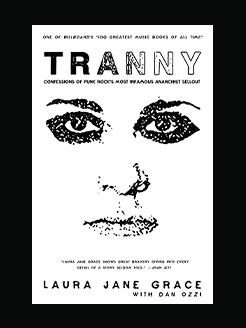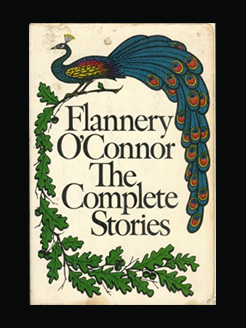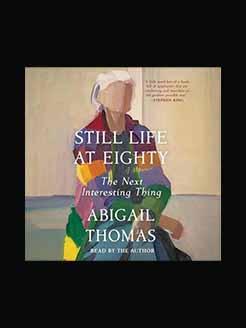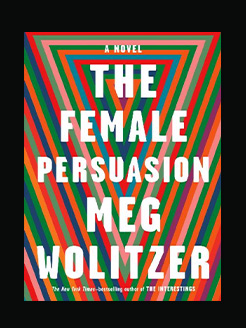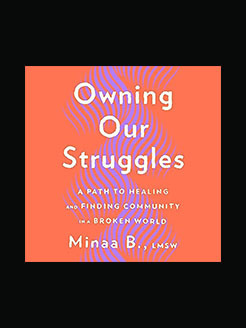Published in 2024
304 pages
10 hrs and 29 mins
Becca Rothfeld is the winner of the National Book Critics Circle Nona Balakian Citation for Excellence in Reviewing and the Robert B. Silvers Prize for Literary Criticism. She is the non-fiction book critic for the Washington Post, an editor at The Point, a contributing editor at the Boston Review, and a PhD candidate (on long hiatus) at Harvard. She has written for The New York Review of Books, the New Yorker, the Atlantic, the New York Times Book Review, Bookforum, The Yale Review, the Baffler, and more. She lives with her two dogs and husband in Washington, DC.
What is this book about?
A glorious call to throw off restraint and balance in favor of excess, abandon, and disproportion, in essays ranging from such topics as decluttering, mindfulness, David Cronenberg, sadomasochism, and women who wait.
All Things Are Too Small is brilliant cultural and literary critic Becca Rothfeld’s plea for derangement: imbalance, obsession, gluttony, and ravishment in all domains of life, from literature to romance. In a healthy culture, Rothfeld argues, economic security allows for wild aesthetic experimentation and excess, yet in our contemporary world, we’ve got it flipped. The gap between rich and poor yawns hideously wide, while we compensate with misguided attempts to effect equality in love and art, where it does not belong.
Rothfeld shows how our culture’s embrace of minimalism has left us spiritually impoverished: how decluttering has reduced our living spaces to vacant non-places; how the mindfulness trend has emptied our minds of the musings, thoughts, and obsessions that make us who we are; how the regularization of sex has drained it of unpredictability and therefore true eroticism; and how our craze for balance has yielded fictions with protagonists who aspire, stylistically and substantively, to excise their appetites.
With uncompromising intellect, exuberance, and sly humor, Rothfeld insists that in culture, imbalance functions as a catapult, transforming our stagnant beliefs and identities. For culture to change, she says, it must bulge and binge.

